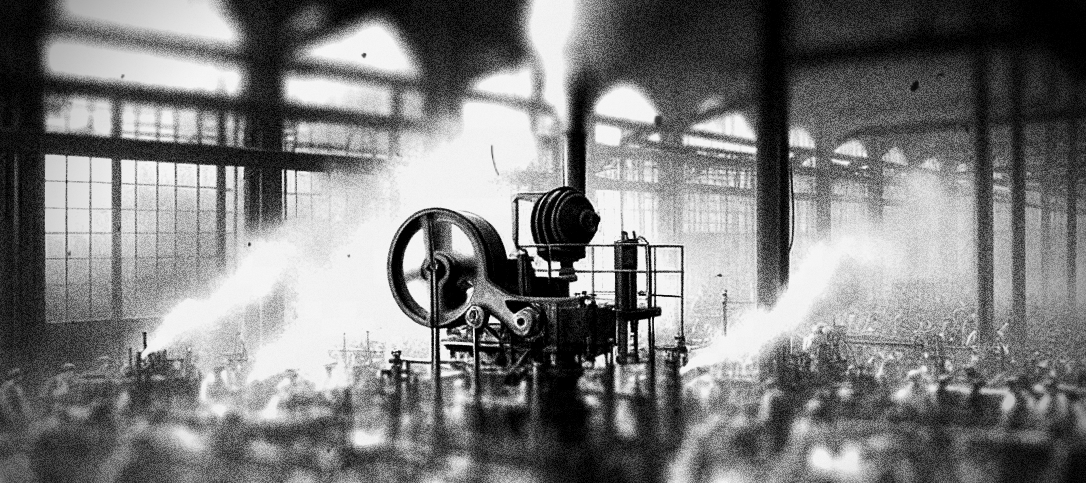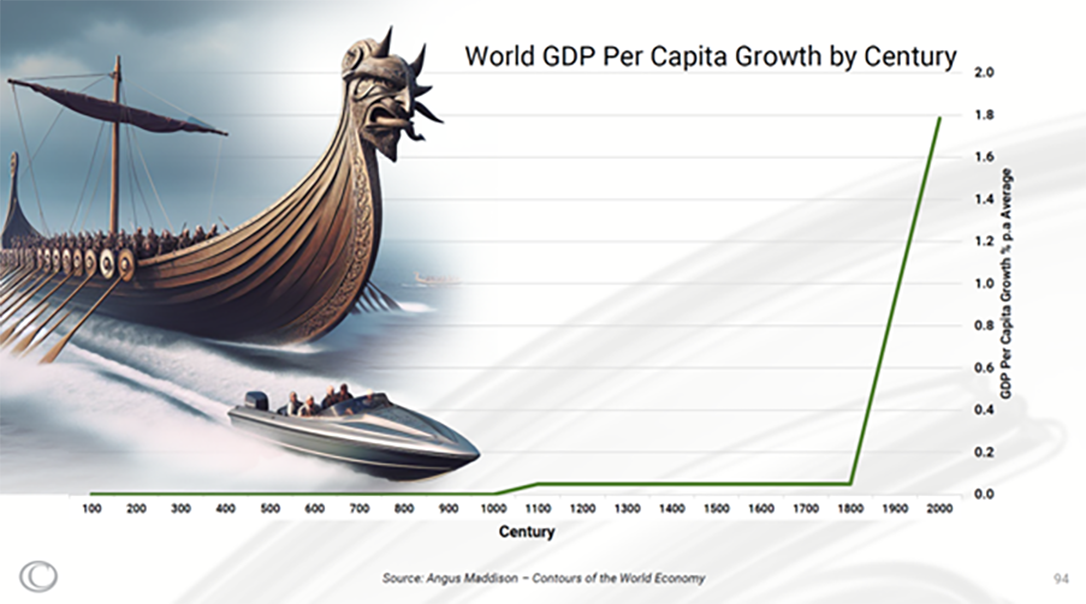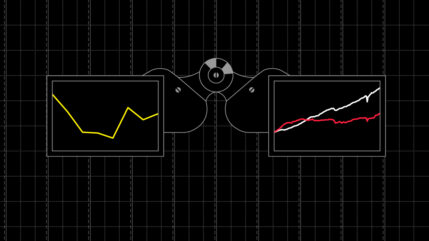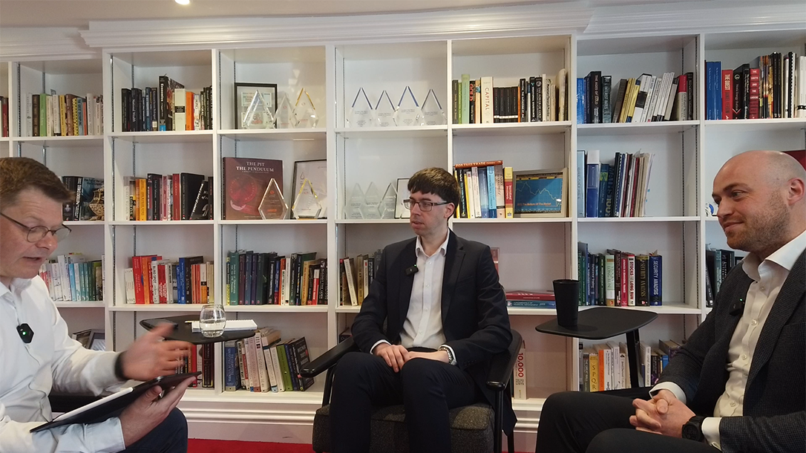Despite articles framing the rise of Artificial Intelligence (AI) as the beginning of The Terminator films, many reports and studies show that tools like ChatGPT are actually increasing employee productivity.
“AI is helping people become more productive in shorter spaces of time, just like every technical revolution has done in the past.” says Gary Reynolds, Courtiers CIO.
Humans developed over time from hunters, to shepherds, to farmers, industrialists and into the digital age, with every stage increasing productivity.
But how does all this affect Courtiers? Could we look to AI to make life easier and focus on more important pursuits?
Back to the start
Hunter-Gatherers
Humanity started as hunter-gatherers, relying on communal cooperation and innate survival skills to procure sustenance. Small kin-based groups lived nomadic lifestyles, intimately connected with nature. By developing complex social structures, languages, and rudimentary tools, they laid the groundwork for future advancements.
Shepherds and Farmers
Humans began to realise that instead of killing and eating animals on the spot, herding a few was more effective. Learning to grow crops and developing agriculture helped feed everyone, moving us towards more settled societies. Villages grew into towns, and towns into cities.
With surplus food production came specialisation, trade, and the birth of written language, enabling the recording of history and the dissemination of knowledge.

Fast forward to the 18th century
People now hunted for sport and humanity found itself on the cusp of another transformative era – the Industrial Revolution. Steam power and mass production revolutionised economies and societies, fuelling unprecedented economic growth. Factories replaced fields, ushering in an age of technological innovation and global connectivity.

The above slide, taken from Gary’s 2023 Client Seminar Presentation, highlights the rapid acceleration in humankind’s evolution of productivity over the last two centuries – and what becomes achievable as a result.

The Digital Age
In the 20th century, the world witnessed the rise of the digital revolution, a seismic shift comparable to the Industrial Revolution in its scope and impact. The invention of the computer, followed by the internet, transformed the way we communicate, work, and interact with each other. Information became instantaneously accessible, transcending geographical boundaries and reshaping social dynamics. While 100 years ago it took two hours to earn enough to buy a pint of milk, it now takes about ten minutes.

And now, AI
Where historically 66% of people worked the land, today it’s 1%. People have more time and space, and we’ve created new jobs inside celebrity or arts, offering us the ability to spend time developing entertainment. Certain themes resonate across epochs. Adaptation, innovation, and cooperation emerge as recurring motifs, driving human progress in the face of adversity and uncertainty. AI is going to enhance and accelerate this process.
That pint of milk it took ten minutes to earn – now the AI in your fridge can tell you if it’s getting old or running out.

AI at Courtiers
Gary Reynolds, CIO, suggests that the rise of AI means that those in the industry will have more time to devote to their clients:
“Courtiers is exploring streamlining processes, which all gets very exciting, particularly if it frees us up to spend more quality time with clients – which is what, really, we should be all about…human-to-human interaction is so important for our investors.”
From tapping questions into ChatGPT rather than trawling search engines to writing his latest speech, Gary is already increasing his own productivity using AI – and producing work that he jokes is “a damn sight better than I could write.”
“Overall, things are looking quite positive.” – Gary Reynolds, Courtiers CIO
Maximising what matters
Developing our ability and availability using technology means we can make more of precious time. Playing our part as humanity continues to push boundaries, we want AI to offer us more time for what matters most; connecting with you.
Many thanks to ChatGPT and Microsoft Designer for their help with this article.














